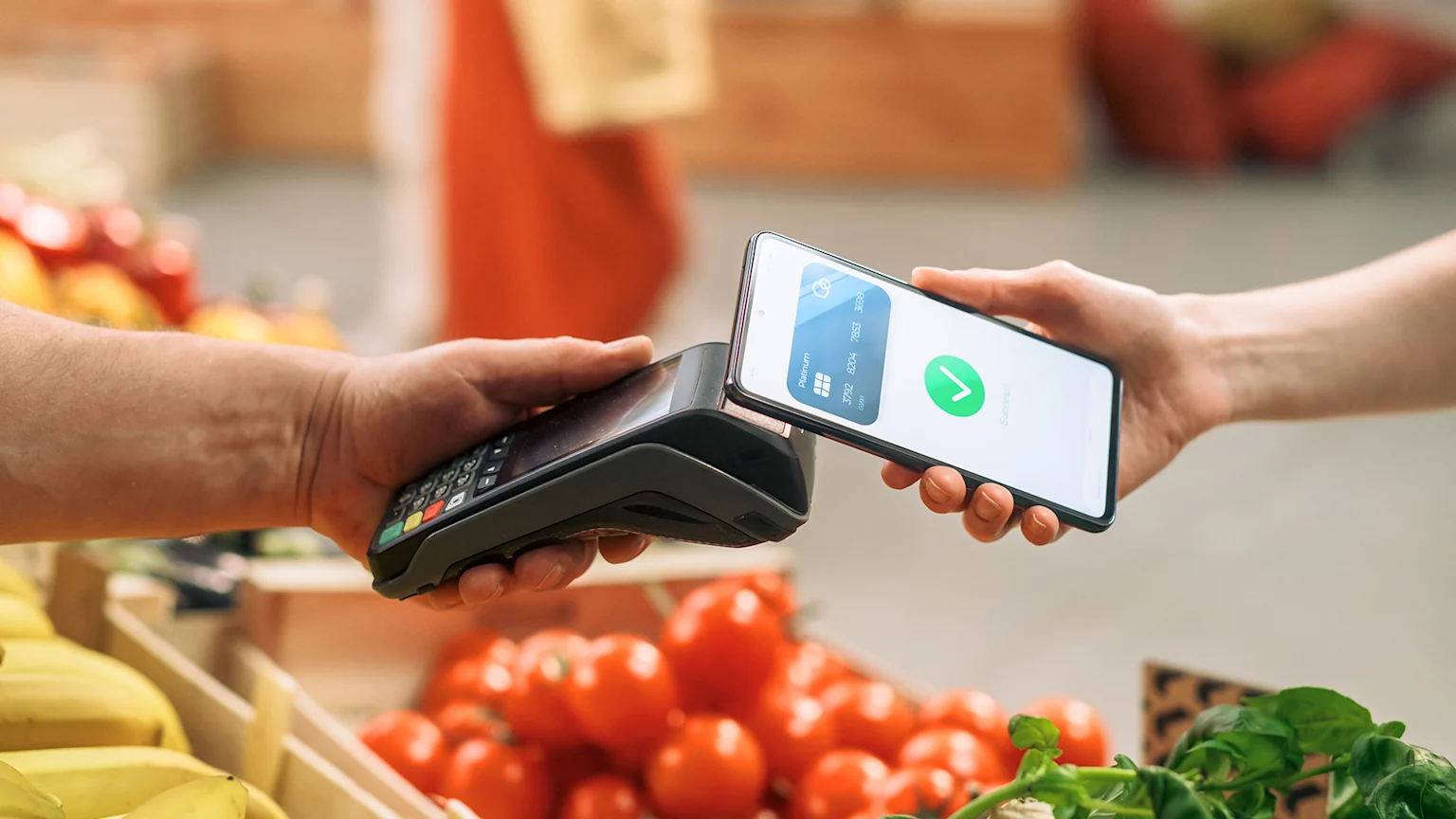Money
Paywave surcharge ban to save Kiwis $150M at till - but there's a catch


Published by Sophie van Soest
29 Jul 2025
Kiwis could be saving big at the checkout if a new Government proposal banning those pesky surcharges at the till goes ahead - we’re talking up to $150 million a year altogether.
But of course, it’s not that simple.
The Retail Payment System (Ban on Surcharges) Amendment Bill, announced by Commerce and Consumer Affairs Minister Scott Simpson, would scrap most in-store card payment surcharges by May 2026.
That includes those sneaky extra fees you get stung with for tapping your card or using Paywave on your phone - which has become the go-to payment method for many.
According to Simpson, Kiwis fork out an estimated $150 million annually in surcharges, with up to $65 million of that considered excessive.
That’s a huge chunk of money “that could be saved or spent elsewhere,” he said.
The ban is designed so that “consumers can shop with confidence knowing how much they will pay for their purchases.”
That pesky note or sticker on the payment machine will become a thing of the past.
“No more surprises for people who currently feel like they’re being charged to use their own hard-earned money. It means they can make a purchase knowing exactly what they’ll pay and how they'll pay it.”
“Surcharges cover the fees businesses pay for accepting contactless payments and credit cards, but we know these are often excessive,” Simpson added. “In some cases, the retailer doesn’t even make it clear what the percentage is.”
The new rules would cover most in-store payments made via Visa, Mastercard, and EFTPOS - not online transactions, foreign cards, or payments made on networks like American Express or UnionPay.
But - and it’s a big but - it’s not all good news.
Retail and hospitality groups are already warning that the cost of accepting electronic payments might simply get absorbed elsewhere.
We’re talking things like your coffee or dairy run, which could end up more expensive instead.
Hospitality NZ chief executive Steve Armitage said many small businesses, already under pressure, won’t be able to absorb the fees and may have to adjust their prices.
It’s important to recognise that electronic payments come with real costs to businesses. If surcharges are removed, many operators will have to adjust their pricing to reflect that.
So while the surcharge might disappear from your receipt, the cost could still be lurking in the total.
Still, if it passes, the ban could bring a whole lot more transparency to what you're actually spending upfront - and a lot less irritation and quick math at the checkout.

Published by Sophie van Soest
29 Jul 2025